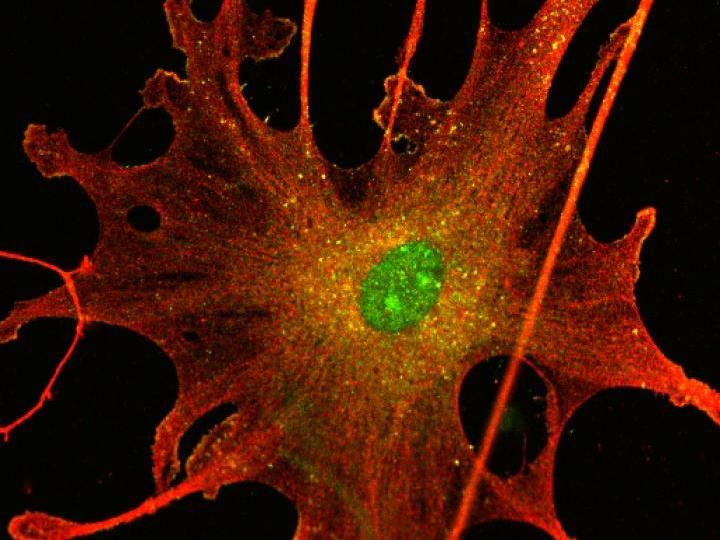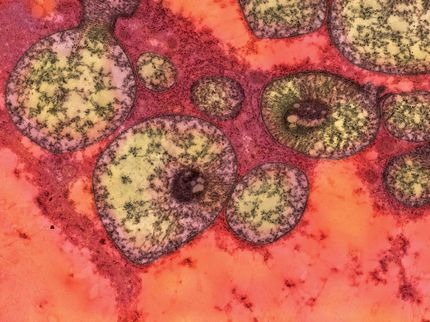Genzyme Acquires Avigen's Gene Therapy Technology
Genzyme Corp. announced that it has acquired extensive gene therapy assets from Avigen, Inc., including rights to a broad patent estate focused on adeno-associated virus technology, a Phase 1/2 clinical development program in Parkinson's disease, and a clinical collaboration in hemophilia. In exchange for these assets, Genzyme has made an up-front cash payment of $12 million to Avigen, and will make potential milestone and royalty payments based on the development, approval and sale of products developed under the intellectual property portfolio.
The acquired assets will support and diversify Genzyme's industry-leading gene therapy research program, which already includes work in cardiovascular disease, lysosomal storage disorders, and other conditions. Together with last month's acquisition of viral manufacturing facilities from Cell Genesys, Genzyme has significantly strengthened its ability to develop gene therapy products that utilize either adenovirus or adeno-associated virus vectors.
The Phase 1/2 clinical trial in Parkinson's disease is designed to evaluate the safety of increasing doses of AV201 in individuals with mid- to late-stages of the disease. AV201 is designed to restore the therapeutic effectiveness of levodopa, the primary treatment for Parkinson's disease, by enhancing the brain's ability to convert it into dopamine. The trial, which will now be funded by Genzyme, was initiated in December 2004, at the University of California San Francisco (UCSF) and Lawrence Berkeley National Laboratory (LBNL). Three patients have been treated in this planned 15-patient trial.
Other news from the department research and development

Get the life science industry in your inbox
By submitting this form you agree that LUMITOS AG will send you the newsletter(s) selected above by email. Your data will not be passed on to third parties. Your data will be stored and processed in accordance with our data protection regulations. LUMITOS may contact you by email for the purpose of advertising or market and opinion surveys. You can revoke your consent at any time without giving reasons to LUMITOS AG, Ernst-Augustin-Str. 2, 12489 Berlin, Germany or by e-mail at revoke@lumitos.com with effect for the future. In addition, each email contains a link to unsubscribe from the corresponding newsletter.
Most read news
More news from our other portals
See the theme worlds for related content
Topic world Gene therapy
Genetic diseases once considered untreatable are now at the center of innovative therapeutic approaches. Research and development of gene therapies in biotech and pharma aim to directly correct or replace defective or missing genes to combat disease at the molecular level. This revolutionary approach promises not only to treat symptoms, but to eliminate the cause of the disease itself.

Topic world Gene therapy
Genetic diseases once considered untreatable are now at the center of innovative therapeutic approaches. Research and development of gene therapies in biotech and pharma aim to directly correct or replace defective or missing genes to combat disease at the molecular level. This revolutionary approach promises not only to treat symptoms, but to eliminate the cause of the disease itself.
Last viewed contents
VWR International, LLC, Acquires AMRESCO Inc.

Industry-ready process makes plastics chemical from plant sugars






















































